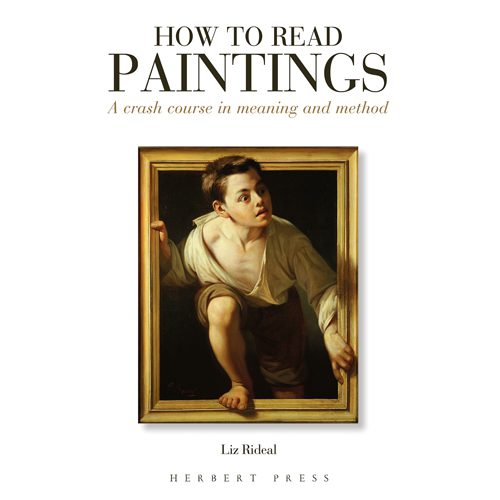
How to Read Paintings: A Crash Course in Meaning and Method
Synopsis
A concise introduction to paintings in the Western European tradition, through the stories of 50 powerful artworks by artists from Van Gogh to da Vinci.
How to Read Paintings is a valuable visual guide to Western European painting. Through a gallery of artworks accompanied by informative commentary, it enables you to swiftly develop your understanding of the grammar and vocabulary of painting, and to discover how to look at diverse paintings in detail, closely reading their meanings and methods.
In the first part of the book, the author shows you how to read paintings by considering five key areas: shape and support, medium and materials, composition, style and technique, and signs and symbols, as well as the role of the artist. In the second part, you can explore fifty paintings through extracted details, accompanied by insightful commentary, training you to understand context and meaning within art.
As a collection, the pictures featured in How to Read Paintings have a strong relationship with one another, and underpin the story of painting. This book is a valuable tool whether you are viewing the real artwork on a gallery wall, or simply reading around the subject to learn more about Western art.
You may also be interested in…
Reviews
Synopsis
A concise introduction to paintings in the Western European tradition, through the stories of 50 powerful artworks by artists from Van Gogh to da Vinci.
How to Read Paintings is a valuable visual guide to Western European painting. Through a gallery of artworks accompanied by informative commentary, it enables you to swiftly develop your understanding of the grammar and vocabulary of painting, and to discover how to look at diverse paintings in detail, closely reading their meanings and methods.
In the first part of the book, the author shows you how to read paintings by considering five key areas: shape and support, medium and materials, composition, style and technique, and signs and symbols, as well as the role of the artist. In the second part, you can explore fifty paintings through extracted details, accompanied by insightful commentary, training you to understand context and meaning within art.
As a collection, the pictures featured in How to Read Paintings have a strong relationship with one another, and underpin the story of painting. This book is a valuable tool whether you are viewing the real artwork on a gallery wall, or simply reading around the subject to learn more about Western art.
